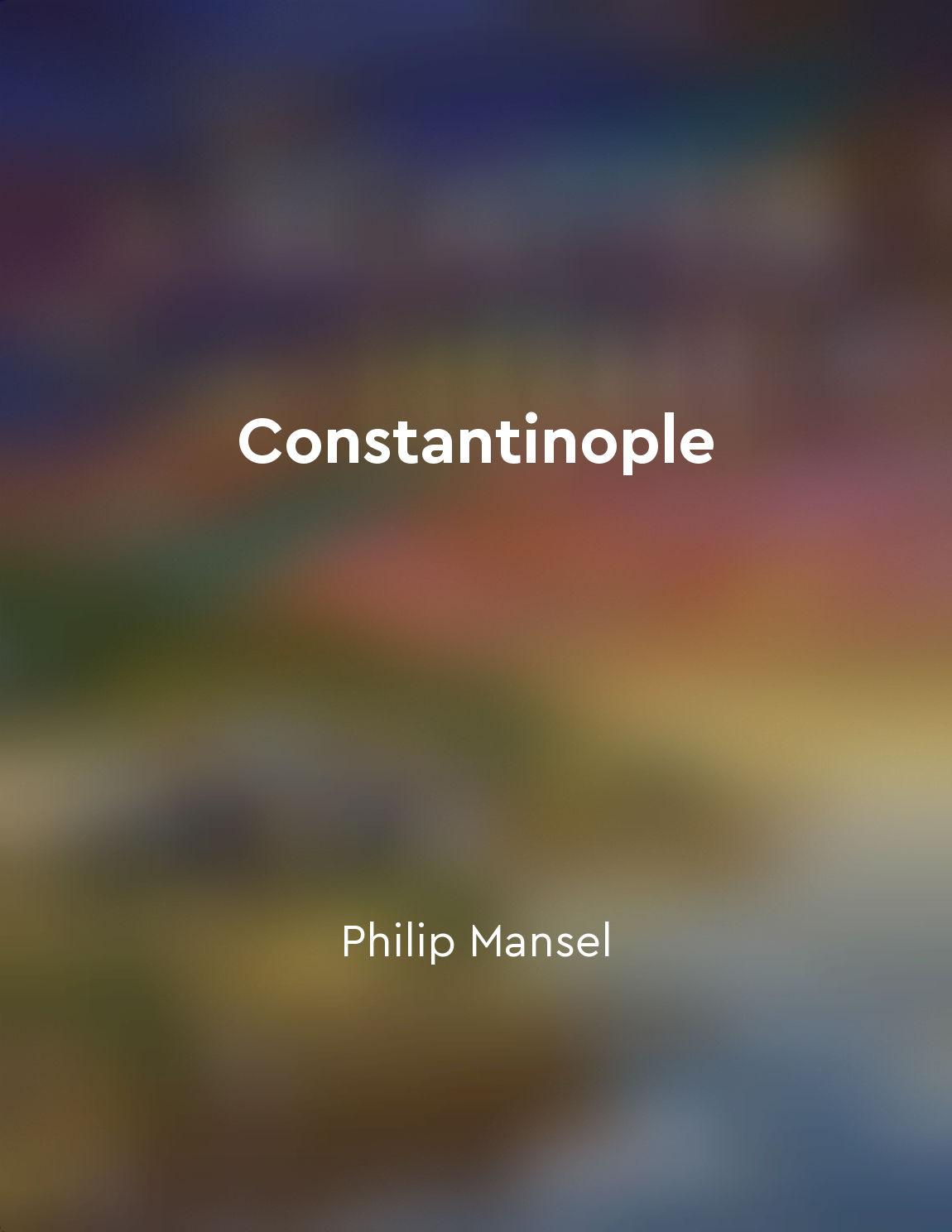Assassination of Archduke Franz Ferdinand sparks crisis from "summary" of The Origins of the First World War by Annika Mombauer
The assassination of Archduke Franz Ferdinand, heir to the Austro-Hungarian throne, on 28 June 1914, in Sarajevo, sparked a crisis that would ultimately lead to the outbreak of the First World War. The assassination was carried out by a Bosnian Serb nationalist, Gavrilo Princip, who was a member of the Black Hand, a secret society seeking independence for South Slavs from Austro-Hungarian rule. The assassination set off a chain of events that escalated tensions between Austria-Hungary and Serbia, as Austria-Hungary blamed the Serbian government for supporting the assassins. In response, Austria-Hungary issued an ultimatum to Serbia, which contained demands that were intentionally designed to be unacceptable to the Serbs. Serbia, feeling threatened by Austria-Hungary's aggressive posture, turned to its ally, Russia, for support. The crisis quickly drew in other major European powers as alliances and rivalries came into play. Germany, allied with Austria-Hungary, pledged its support to Austria-Hungary, while Russia, allied with Serbia, began mobilizing its forces in preparation for a possible conflict. France, allied with Russia, also started to mobilize its army, which in turn prompted Germany to declare war on France. As the crisis unfolded, Britain, initially hesitant to get involved, eventually entered the conflict after Germany violated Belgium's neutrality. The assassination of Archduke Franz Ferdinand had set off a chain reaction that led to a continent-wide war involving major powers and their allies. The immediate aftermath of the assassination was a rapid escalation of tensions and military mobilization, as each country sought to protect its own interests and honor its alliances. The crisis highlighted the interconnected web of alliances and rivalries that existed in Europe at the time, making it difficult to contain the conflict once it had begun.- The assassination of Archduke Franz Ferdinand was the catalyst that set off a series of events leading to the outbreak of the First World War. The crisis that followed highlighted the fragility of the European balance of power and the dangers of a highly militarized and interconnected system of alliances.
Similar Posts
The origins of the war lie in the fear of imperialism
The fear of imperialism was a significant factor leading to the outbreak of the war. The major powers of Europe were engaged in...
The League of Nations was established as a means of preventing future conflicts
The League of Nations was the child of President Wilson's dream. It was the child he sought to make the peacekeeper and the wor...

Rise of Constantinople
The rise of Constantinople was a pivotal moment in the history of the Byzantine Empire. From its humble beginnings as a small G...
The Battle of Verdun was a bloody and costly struggle
In the spring of 1916, the Battle of Verdun unfolded in northeastern France, where the French and German armies clashed in a br...
Lessons of the war shape international relations in the postwar era
The experience of war has a profound impact on the way nations interact in the aftermath of conflict. The lessons learned durin...
Treaty of Versailles imposes harsh terms on Germany
The Treaty of Versailles, signed in June 1919, was intended to bring an end to the First World War and ensure lasting peace in ...

